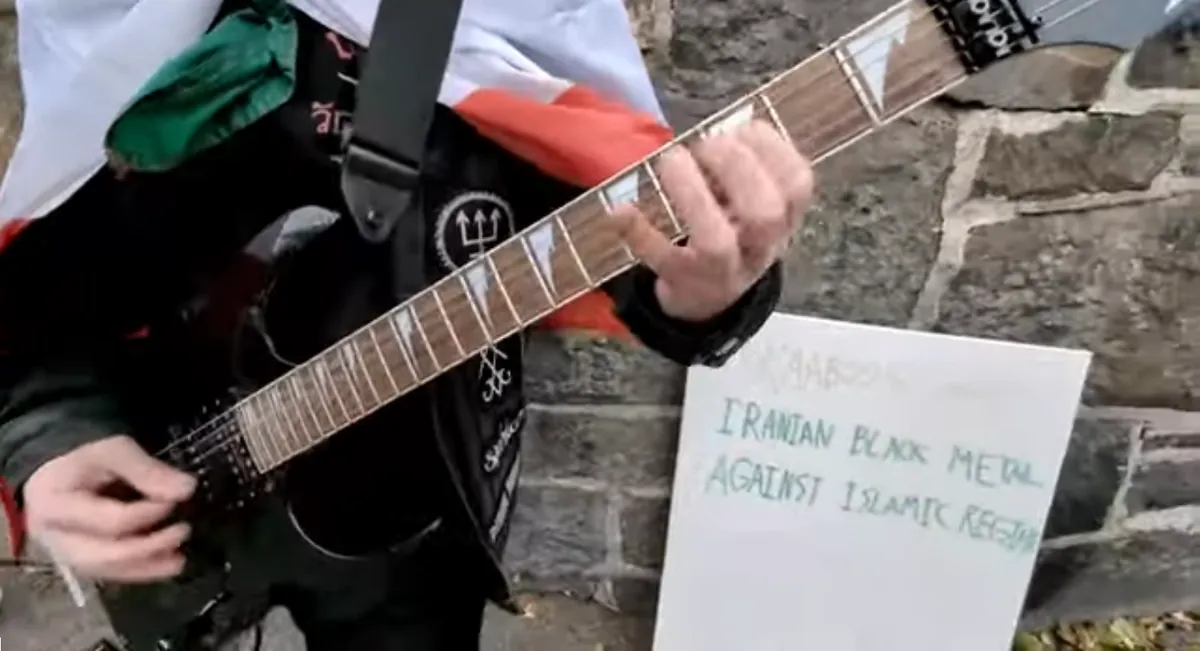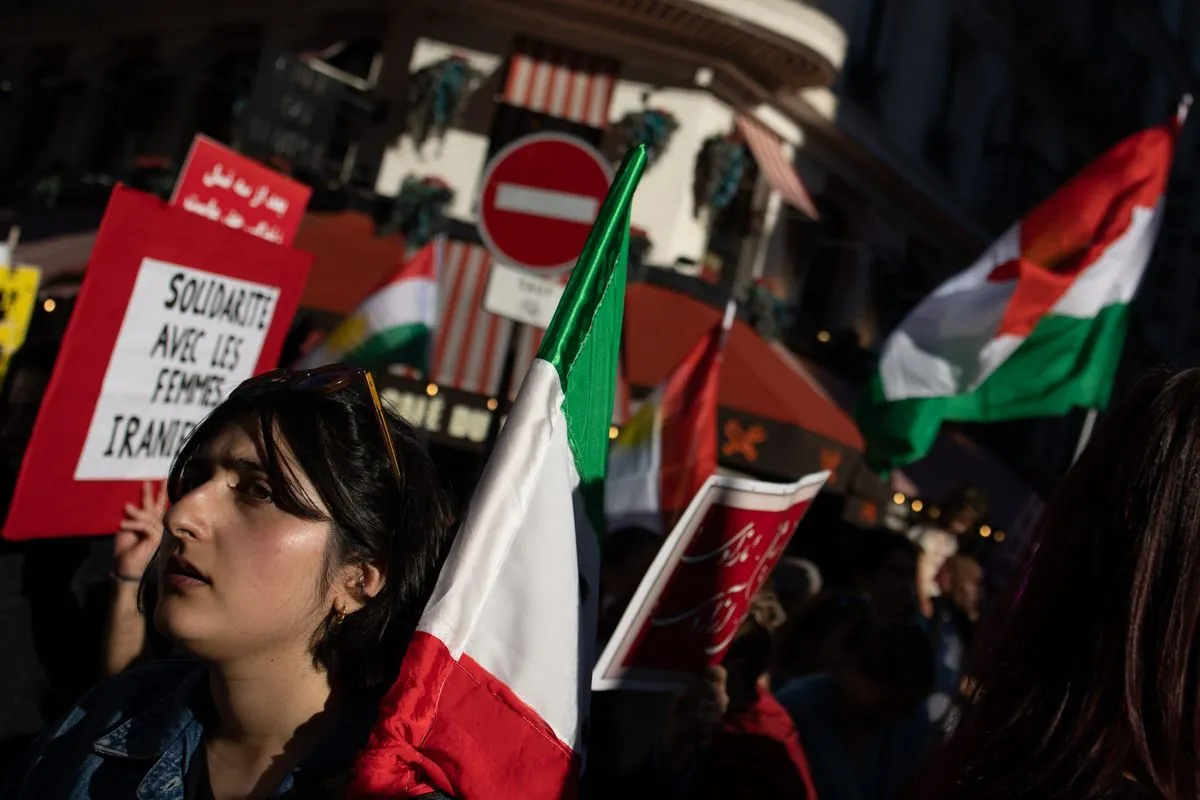Iranian Grammy Winner Pardoned: Protest Anthem Singer Freed
Shervin Hajipour, creator of Iran's 2022 protest anthem, has been pardoned from a 3-year sentence. His song "Baraye" became a symbol of resistance following Mahsa Amini's death.

Shervin Hajipour, the Iranian Grammy Award-winning musician, has been pardoned from serving a three-year sentence related to his protest anthem "Baraye." The song gained international recognition during the 2022 demonstrations that swept Iran following the death of Mahsa Amini in police custody.
On September 23, 2024, Hajipour shared an emotional video on Instagram, revealing that his case had been dismissed as part of a recent amnesty order. This development comes just two months after he had announced his impending imprisonment.
The song "Baraye," which means "For" in English, encapsulates the reasons young Iranians took to the streets in protest. With lyrics like "For dancing in the streets" and "for the fear we feel when we kiss," it resonated deeply with demonstrators calling for change in Iran's theocratic system.

The 2022 protests, sparked by Amini's death after her arrest by morality police for alleged improper hijab wear, quickly escalated into broader calls for regime change. Iran's government responded with a severe crackdown, resulting in over 500 deaths and more than 22,000 detentions.
"The pardon of Shervin Hajipour is a positive step, but it does not erase the ongoing human rights concerns in Iran. Thousands of protesters and activists still face unjust imprisonment and persecution."
Iran's legal system, based on Sharia law, has long been criticized for its harsh treatment of dissenters. However, the concept of amnesty is rooted in Islamic principles of forgiveness and mercy. On September 20, 2024, Supreme Leader Ayatollah Ali Khamenei issued an amnesty order affecting 2,887 prisoners, though it remains unclear if Hajipour's case was specifically included.
The role of music in social and political movements has been significant throughout history. Hajipour's Grammy win in 2023, presented by U.S. First Lady Jill Biden, highlighted the international impact of his protest anthem. This recognition also underscores the influence of Iran's young population, with about 60% of citizens under 30, in shaping the country's future.
Iran's artistic community has long faced restrictions and censorship, reflecting the government's tight control over expression. The country's rich cultural heritage, spanning thousands of years, often clashes with the current regime's conservative policies. This tension is particularly evident in the mandatory hijab law, enforced since the 1979 Islamic Revolution.
The use of social media for political activism has increased globally, and platforms like Instagram have become crucial for artists to connect with audiences. However, Iran heavily censors the internet and social media, making Hajipour's announcement on Instagram particularly noteworthy.
As Iran continues to grapple with internal dissent and international sanctions, the pardon of Shervin Hajipour may signal a slight shift in the government's approach. However, human rights organizations continue to express concern over ongoing violations and the treatment of detained protesters.
The story of "Baraye" and its creator reflects the complex interplay between art, politics, and social change in contemporary Iran. As the country moves forward, the impact of this protest anthem and the movement it represents will likely resonate for years to come.


































